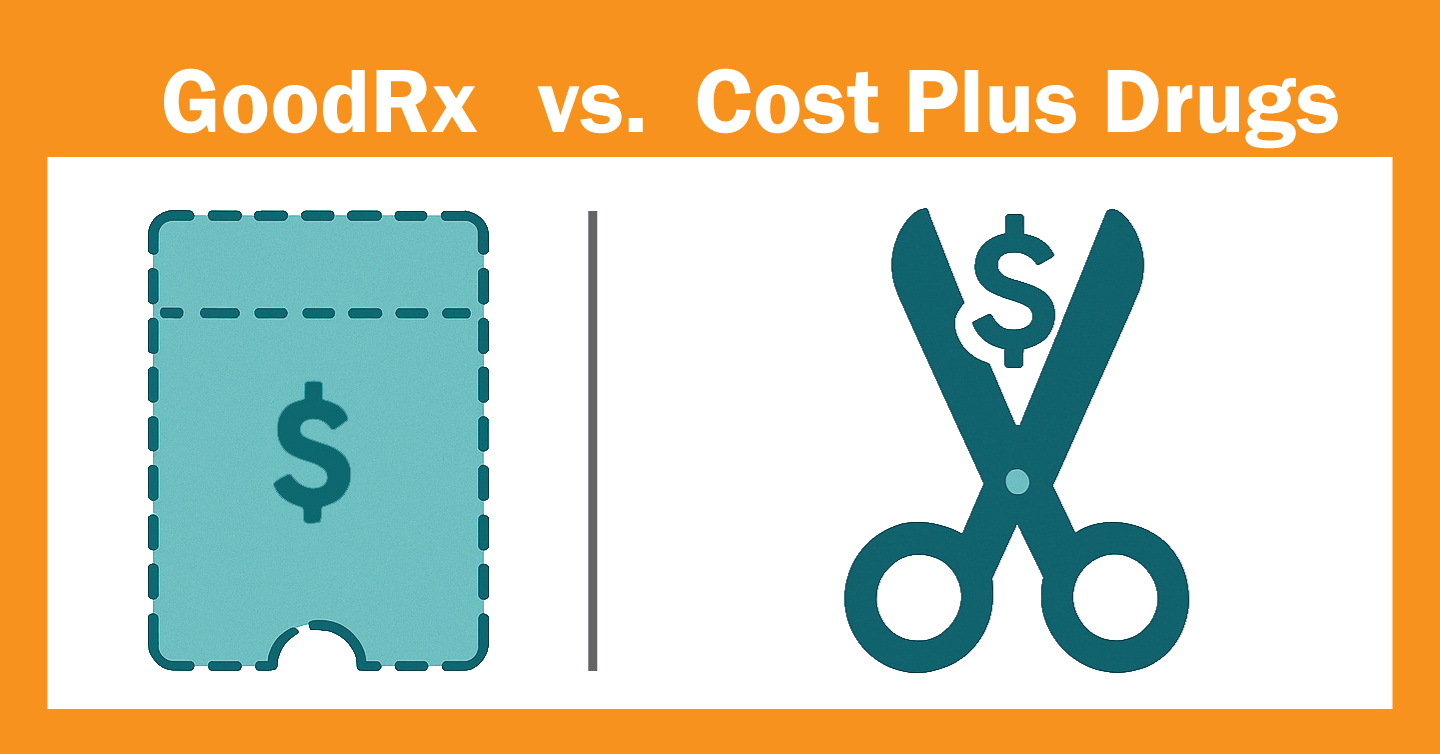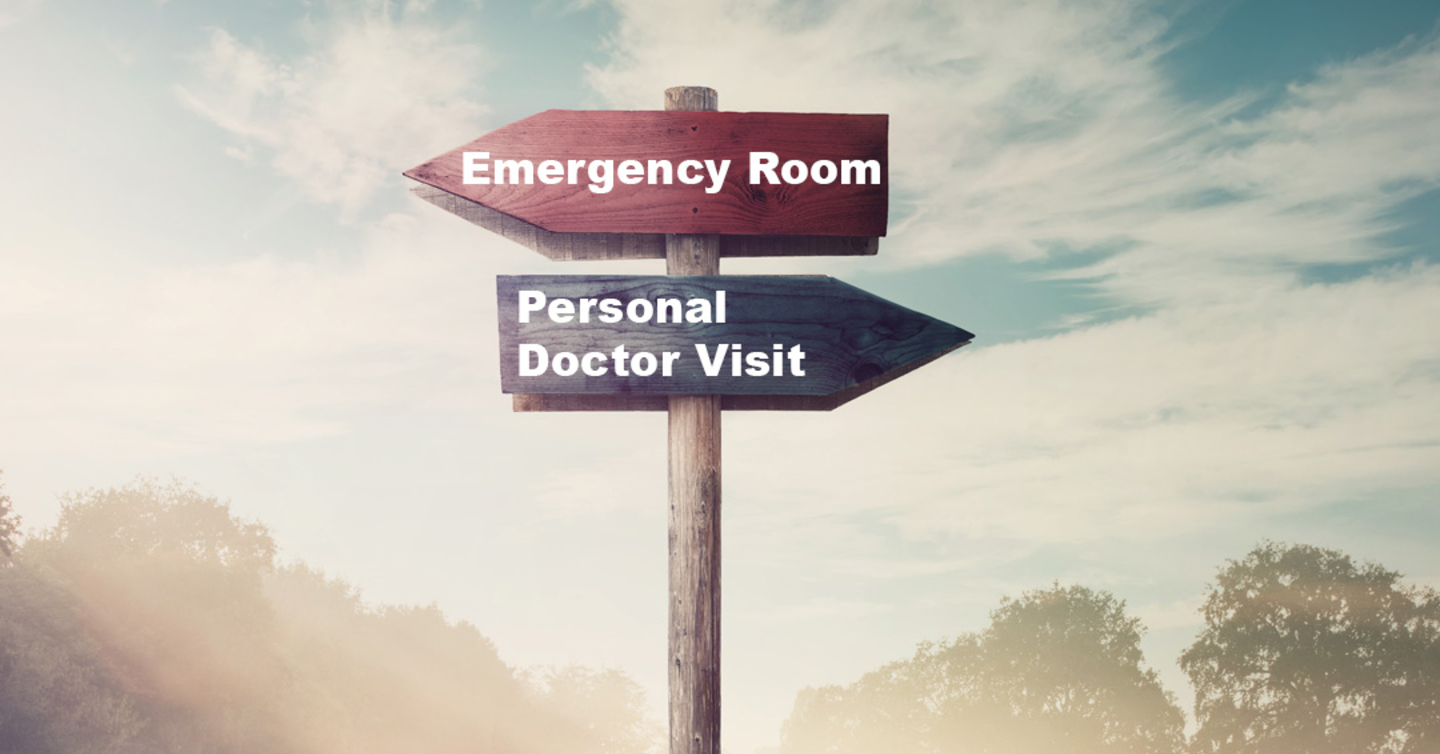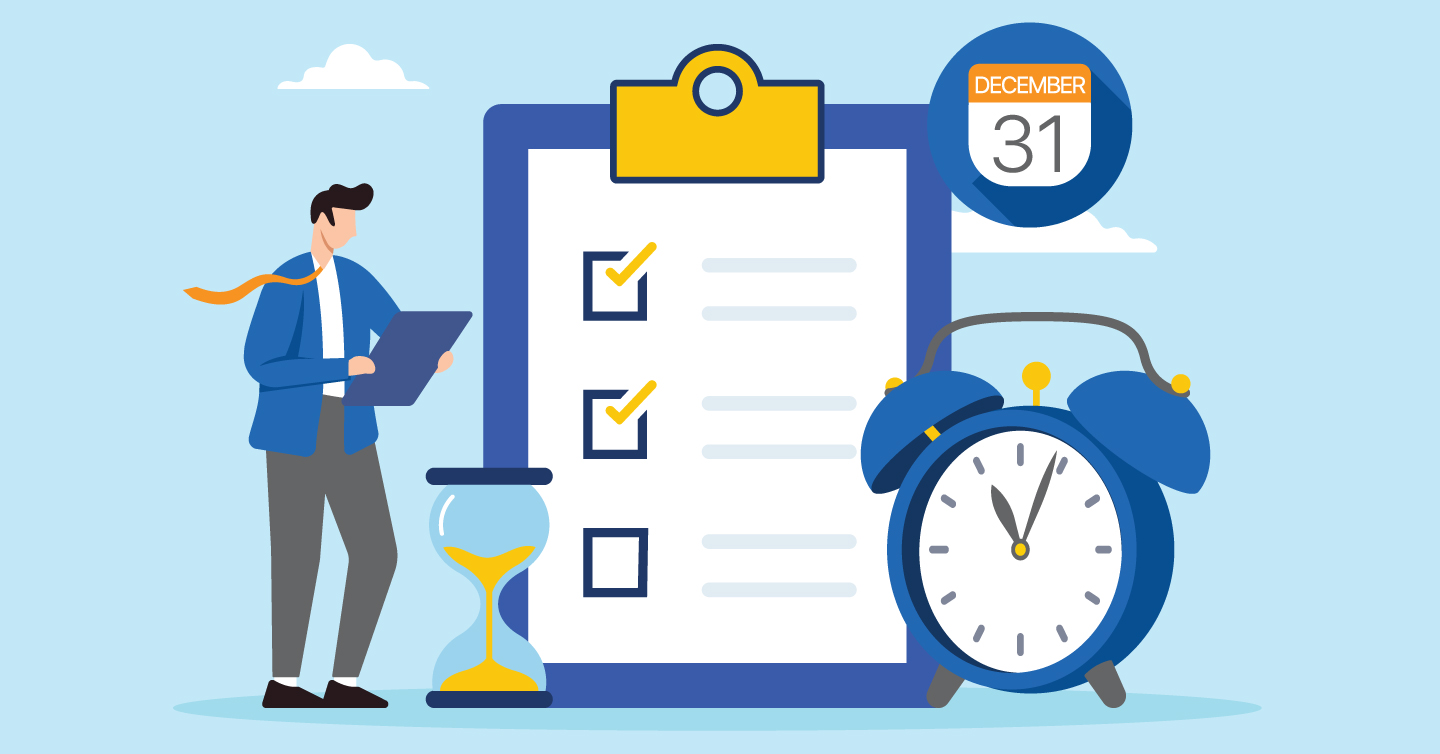Stress can cause a number of harmful effects to your health. For some people, stress causes them to eat unhealthy foods, even when they aren’t hungry. This can derail a diet and offset your normal healthy habits. It’s especially tough around the holidays when you often don’t have time to prepare healthy meals, but chocolates and cookies appear at nearly every gathering.
If you ever find yourself reaching for food during times of stress, the following information can help you better understand how you react to stress.
What triggers stress eating?
During times filled with stress, anger or fear, food can subconsciously become a comfort. In fact, impulsively eating can cause you to reach for a snack without even thinking about what you’re doing. Also, food can serve as a distraction from the tasks or situations you are stressing over.
Whatever drives you to impulsively eat, you’ll never be left fulfilled. Your stress will return and you’ll have started an unhealthy cycle that will restart once you start to feel stressed again.
Tips to get back on track
Take these steps to control emotional eating and stay on track.
- Find a healthy release – Find a stress management technique that you enjoy. You can choose something like exercise, meditation or yoga.
- Are you really hungry? – Take a moment to stop and think about whether your hunger is physical or emotional. If you recently ate, try giving the craving a few minutes to see if it will pass.
- Avoid temptation – If you have a hard time resisting certain foods, don’t make them available to you. Instead, try to keep healthy snacks like fruits and vegetables nearby.
- Keep a food journal – Try to write down what you eat, when you eat, how much you eat and how hungry you were. This might help you identify a pattern in your eating habits.
- Find a distraction – When you get the urge to snack, and you know you’re not hungry, distract yourself. Take a walk, watch TV, call a friend or read a book.





Discussion
There are no discussions happening yet.